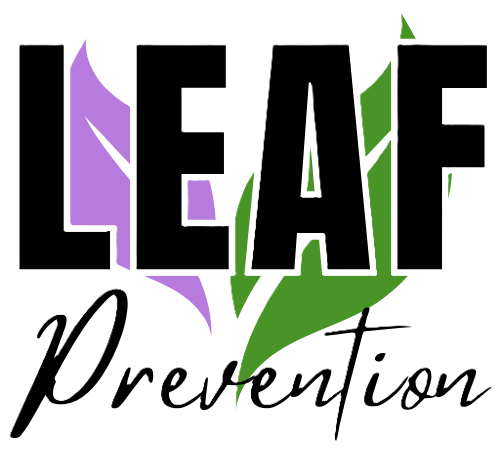

Blog Posts
In a world where alcohol often takes center stage in social gatherings, advertising, and the media, it can be easy to think that you should be drinking. While alcohol can help you relax and give you a buzz, it comes with negative side effects. Some are immediate, and others only impact your life down the road. Equip yourself with the facts and discover 5 reasons for women to reduce their alcohol consumption and achieve greater well-being and fulfilment.
In a world where alcohol often takes center stage in social gatherings, advertising, and the media, it can be easy to think that you should be drinking. While alcohol can help you relax and give you a buzz, it comes with negative side effects. Some are immediate, and others only impact your life down the road. Equip yourself with the facts and discover 5 reasons for women to reduce their alcohol consumption and achieve greater well-being and fulfilment.
Alcohol isn't exactly a woman's best friend when it comes to health, and CDC research backs that up. Women metabolize alcohol differently from men, which means even a little can hit them harder. And that's not all. Too much booze can mess with the liver, increase the risks of breast cancer, and upset women's reproductive health, making it harder to conceive or leading to complications during pregnancy. Plus, it can contribute to weight gain, throw off women's hormones, and leave immune systems feeling a bit worse for wear. Reducing or stopping drinking can leave you healthier.
Alcohol might seem like a quick fix for stress or anxiety, but in reality, it can wreak havoc on women's mental well-being. Research shows that excessive alcohol consumption is linked to an increased risk of depression, anxiety disorders, and other mental health issues. While it may provide temporary relief, alcohol disrupts the balance of neurotransmitters in your brain, leaving you feeling even more down or anxious in the long run. Plus, it can impair your judgment and emotional regulation, making coping with life's challenges harder. So, for the sake of your mental health, it's best to sip responsibly or skip the booze altogether.
Alcohol has a notorious reputation for leading women to engage in risky behaviors, often with serious consequences. According to the CDC, excessive alcohol consumption increases the likelihood of accidents and injuries among women. Impaired judgment and coordination make it more likely for women to take unnecessary risks, such as DUI or engaging in unsafe sexual activities. These findings underscore the importance of moderation or abstinence to prevent alcohol-related harm and promote safety.
Alcohol can act as a stumbling block for women striving to achieve their goals across various aspects of life. Excessive alcohol consumption can slow down our brains and productivity, hindering performance at work. Moreover, alcohol-related conflicts and communication breakdowns can strain relationships, undermining personal and professional connections. Additionally, alcohol's impact on physical health, such as weight gain and decreased energy levels, can impede progress in exercise or fitness goals. By recognizing the potential barriers alcohol poses to success, women can make informed choices to prioritize their well-being and pursue their aspirations effectively.
Drinking alcohol can quickly become a costly habit, taking a toll on both finances and overall well-being. CDC data reveals that the economic burden of excessive alcohol consumption includes expenses related to purchasing alcohol, healthcare costs for alcohol-related issues, and productivity losses. Beyond the direct financial impact, alcohol consumption often accompanies social activities that come with their own set of expenses, from dining out to attending events. Over time, these costs can add up significantly, strain budgets, and hinder financial stability. By reevaluating their relationship with alcohol, women can save money and allocate resources toward achieving their financial goals.
We know that reducing or stopping drinking is not easy. Read some top tips on reducing the amount you drink in our blog "Practical Steps for Drinking Less Alcohol and Feeling Great," based on CDC guidance. [ADD LINK]
You can also get support by contacting LEAF at (607) 432-0090.
This blog is based on facts from the CDC website "Alcohol and Public Health."